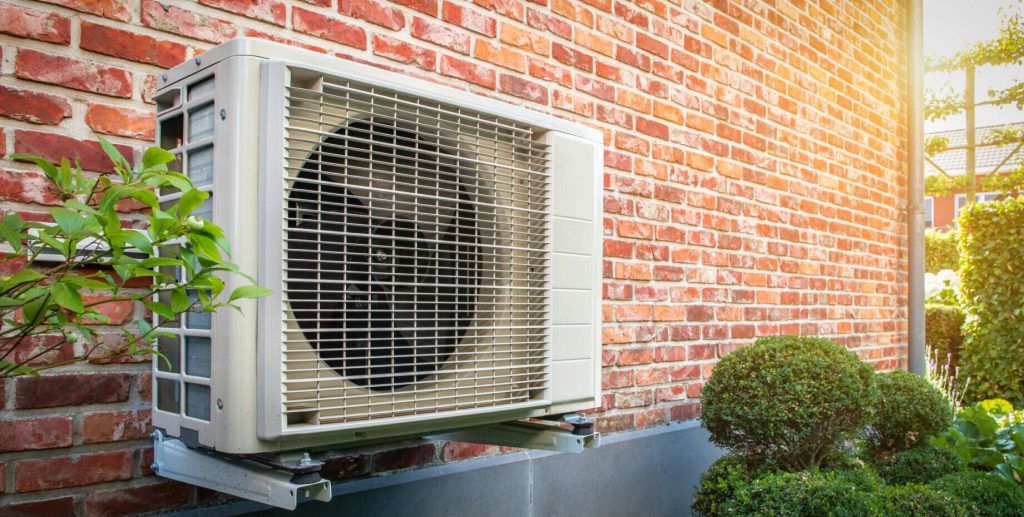Heat pump systems have become a popular choice for homeowners seeking reliable and cost-effective heating and cooling solutions. These systems are highly efficient, as they transfer heat rather than generate it, using less energy than traditional heating methods like gas or electric furnaces. This makes them an attractive option for those looking to reduce their energy bills while maintaining a comfortable indoor climate year-round. A heat pump works by extracting heat from the air, ground, or water outside the home and transferring it indoors. In the summer, the process is reversed, and heat is removed from the indoor air, cooling the home. One of the main advantages of heat pump systems is their ability to deliver both heating and cooling in one compact unit. This dual-function capability makes them an especially cost-effective choice for homeowners, as they eliminate the need for separate heating and cooling systems, saving both space and installation costs. Unlike traditional systems, which rely on burning fuel or using electrical resistance, heat pumps are powered by electricity and move heat using refrigerants. This makes them much more energy-efficient.

In fact, many heat pumps Jnod can deliver several units of heating or cooling for every unit of electricity consumed, making them one of the most efficient systems available. When it comes to reliability, heat pumps are generally long-lasting with minimal maintenance required. They can last for 15 to 20 years or more if properly maintained. Regular servicing, such as cleaning filters, checking refrigerant levels, and inspecting the outdoor unit for debris, can help extend the lifespan of the system and maintain its efficiency. The modern heat pump systems are designed with durable components, making them resilient to harsh weather conditions. With fewer moving parts than conventional heating and cooling systems, they experience less wear and tear, which contributes to their longevity. From a cost perspective, while the initial installation cost of a heat pump can be higher than traditional HVAC systems, the long-term savings make them a more affordable option over time.
Energy savings can be substantial, particularly in areas with moderate climates where the heat pump does not need to work as hard to maintain a comfortable temperature. Moreover, government incentives and rebates for energy-efficient appliances can help offset the upfront cost, making heat pumps an even more attractive investment. Overall, heat pumps represent a smart, eco-friendly choice for homeowners who want a reliable and cost-effective way to heat and cool their homes. With their high energy efficiency, long lifespan, and the potential for significant cost savings, they provide a solid solution for both new builds and retrofits in existing homes. As energy prices continue to rise, heat pump systems will likely become an increasingly popular choice for those seeking to lower their energy bills while reducing their environmental impact.
